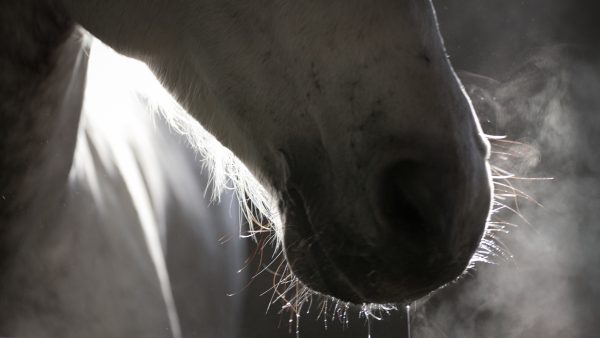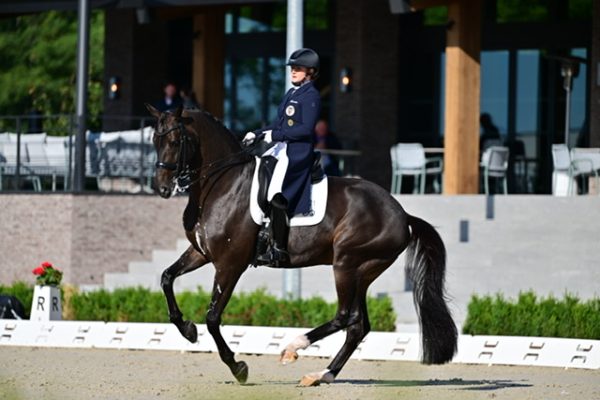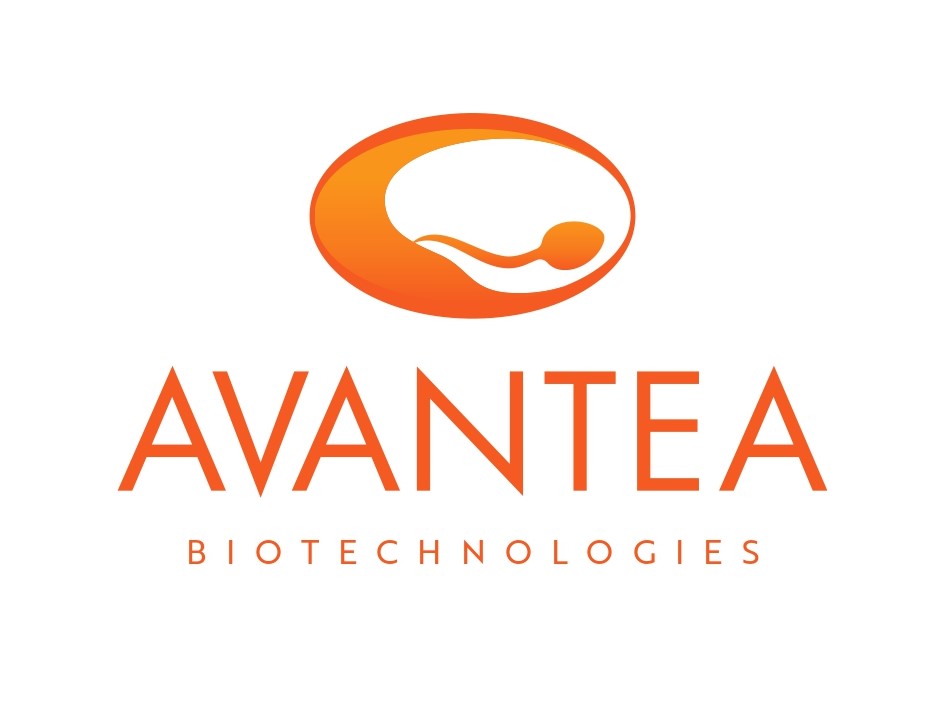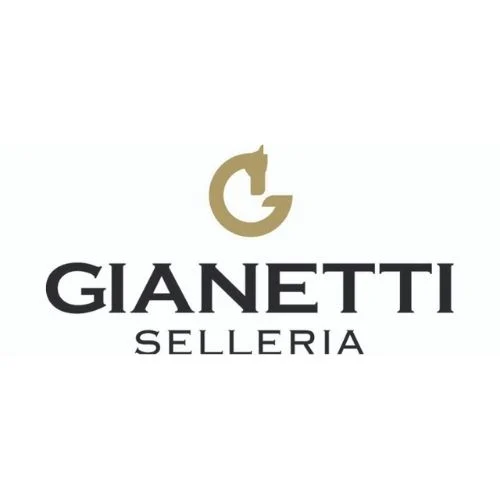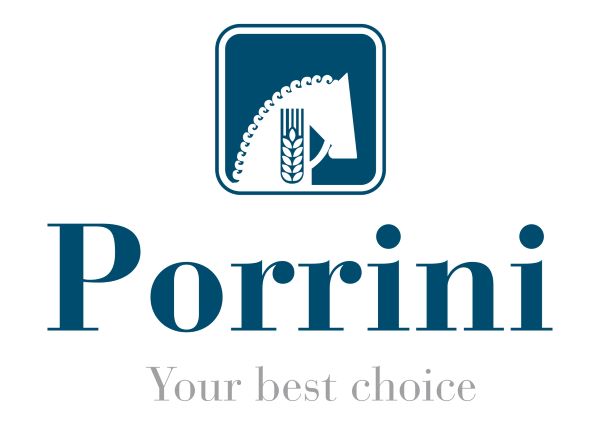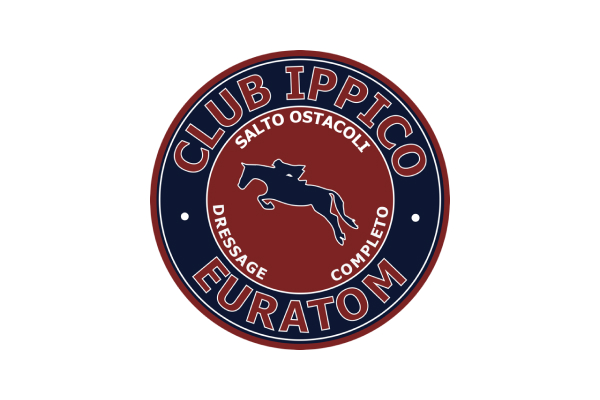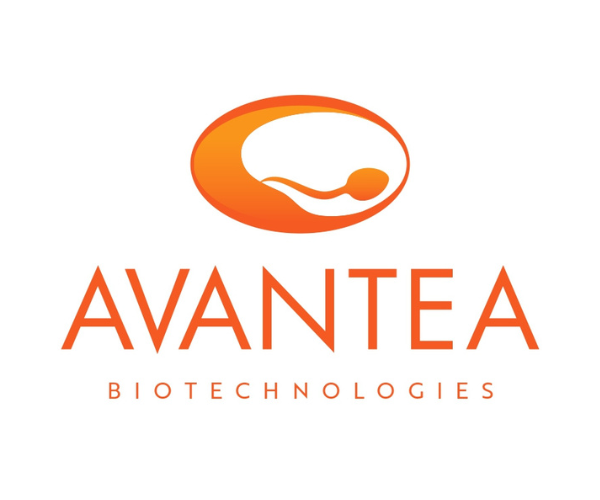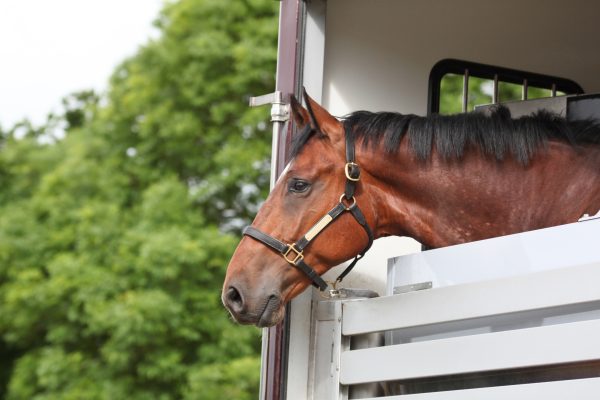
Enhancing the Well-being of Equine Athletes
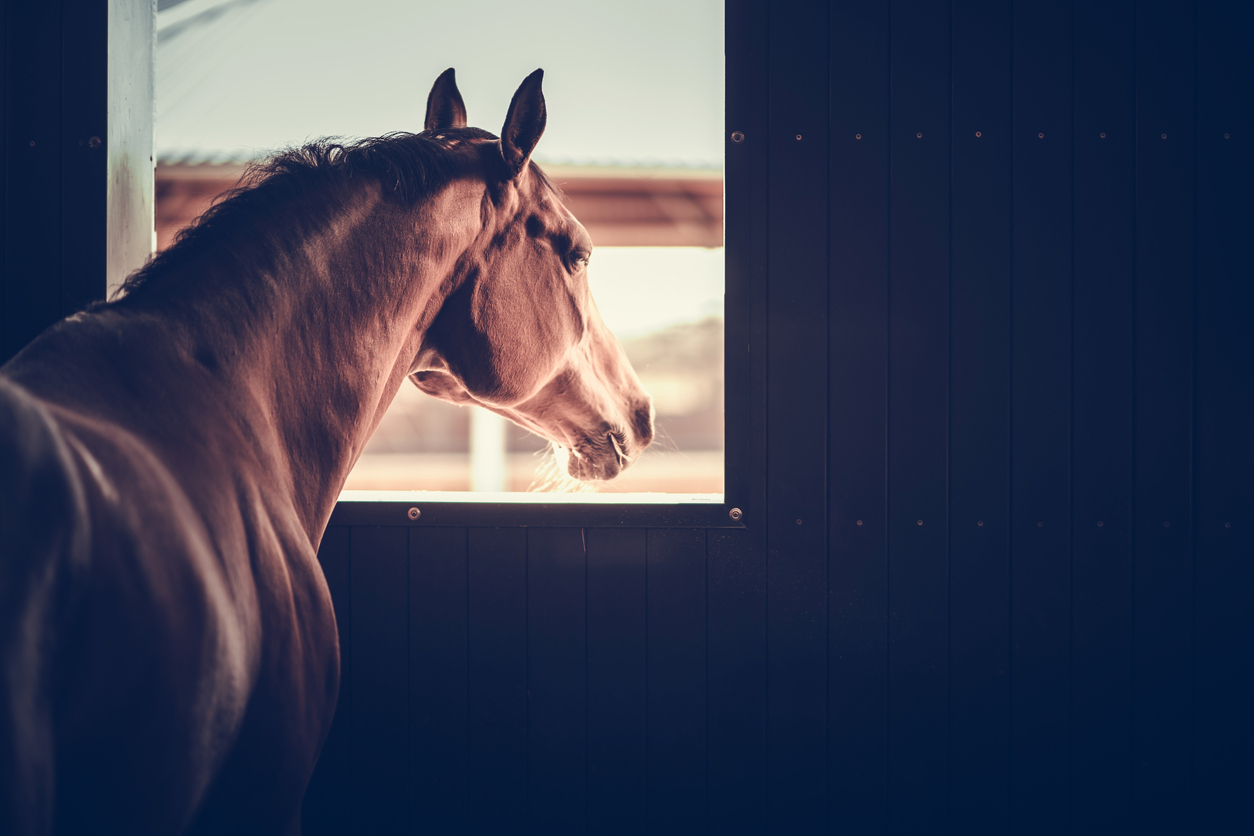
Dr. Barbara Garbagnati, the head of the Department of Intensive Care at the Piola Veterinary Clinic in Pozzuolo Martesana. Today, shares insights on the well-being of horse athletes, focusing on key aspects that contribute to their health and performance.
Quality of Stabulation
Horses are not meant to live confined in a box, so providing them with comfortable stabling is crucial. Optimal box size, following standard measurements, is essential.
Maximizing available space and incorporating large windows both inside and outside the stable is vital. External windows offer a sense of freedom, while internal ones facilitate interaction with peers, reducing stress levels.
Proper care for feeding and cleanliness is fundamental, particularly for horses engaged in sports disciplines. Adequate ventilation and minimal dust in stables help prevent allergic issues, recognizing the importance of maintaining conditions similar to the horse’s natural environment.
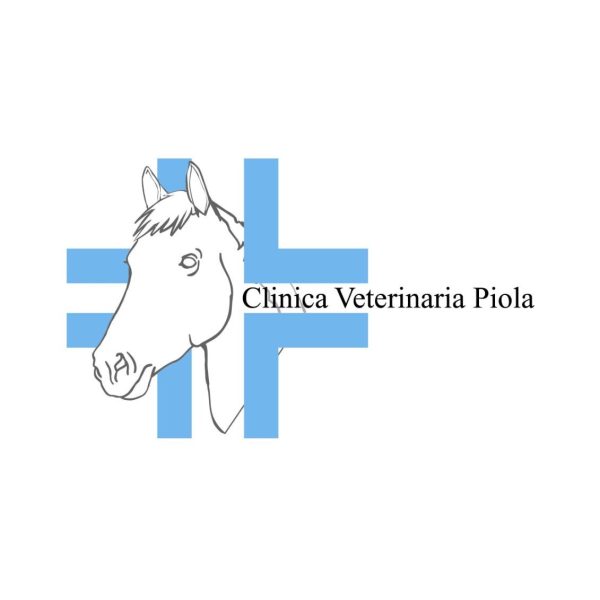
Management and Freedom Simulation
Recognizing that horses are accustomed to freedom, it becomes imperative to simulate this as much as possible. A structured routine could involve a daily work session focused on performance or training, followed by a second leisure outing.
This could be free time in a paddock, grazing, or even a casual walk, providing companionship and relaxation. These activities collectively contribute to lowering the stress levels of our equine companions.
Quality of Work
The quantity and quality of work are crucial considerations. Training programs should respect the horse’s physical and mental well-being. Regular veterinary checks ensure the absence of pain or discomfort.
If a horse is not meeting expectations, an essential practice is to step back, respecting the horse’s pace and addressing potential issues causing discomfort.
Listening to Your Horse
Communication is key in the partnership between rider and horse. Recognizing signs of stress during work, such as tail rolling, ears back, or a heightened excitability threshold, is crucial.
Some horses may not resonate well with specific riders or dislike certain types of work, leading to unnecessary stress. Listening to these signals allows for adjustments in training and riding approaches, creating a more harmonious partnership.
In prioritizing the well-being of our equine athletes, we must consider the physical environment, management practices, and the quality of work. By integrating these elements, we not only promote a healthier and happier life for our horses but also enhance their athletic performance.
Listening to our horses, respecting their needs, and fostering a partnership built on trust are fundamental principles in achieving the well-being of these magnificent athletes.
© Rights Reserved.




